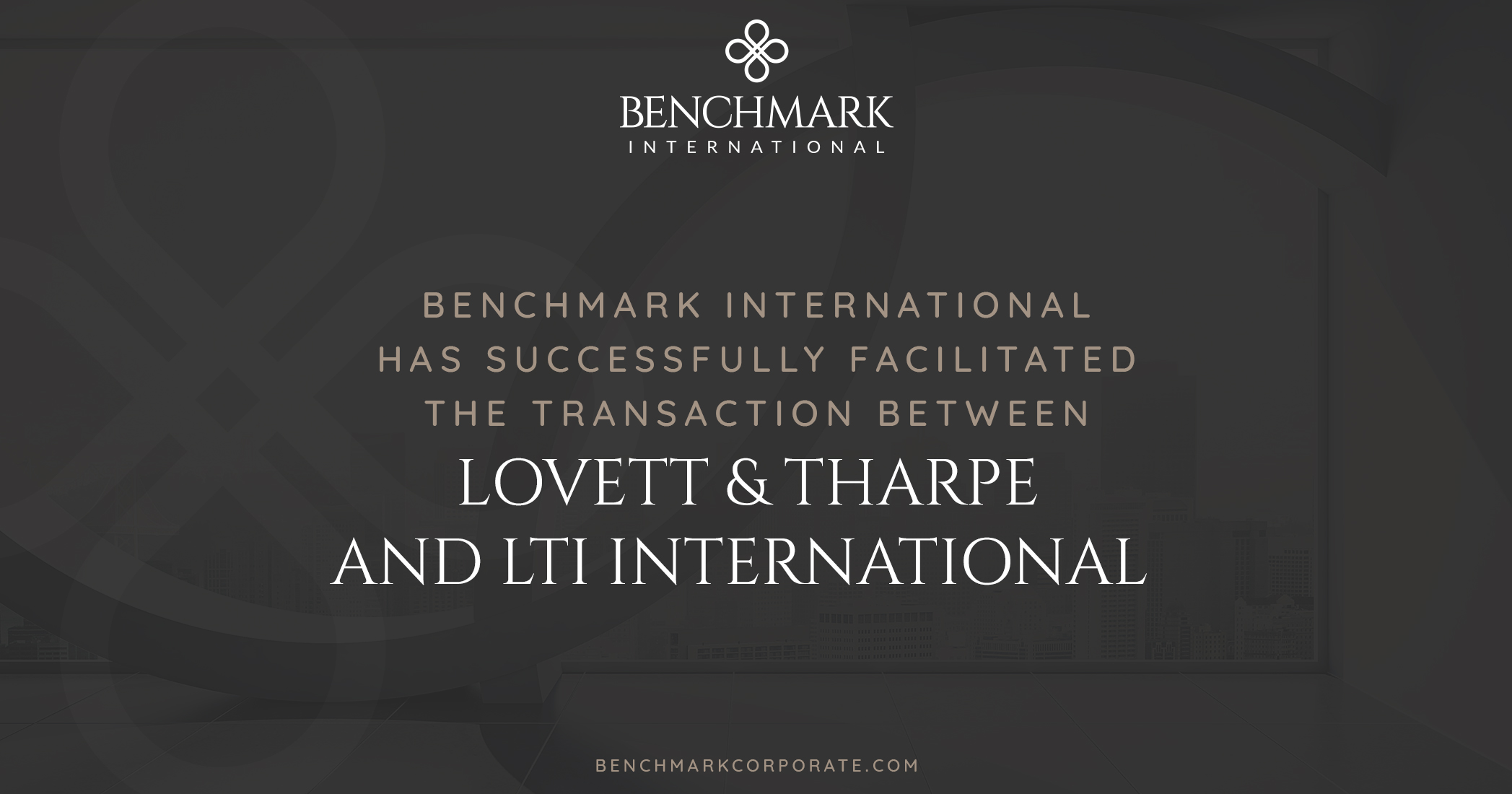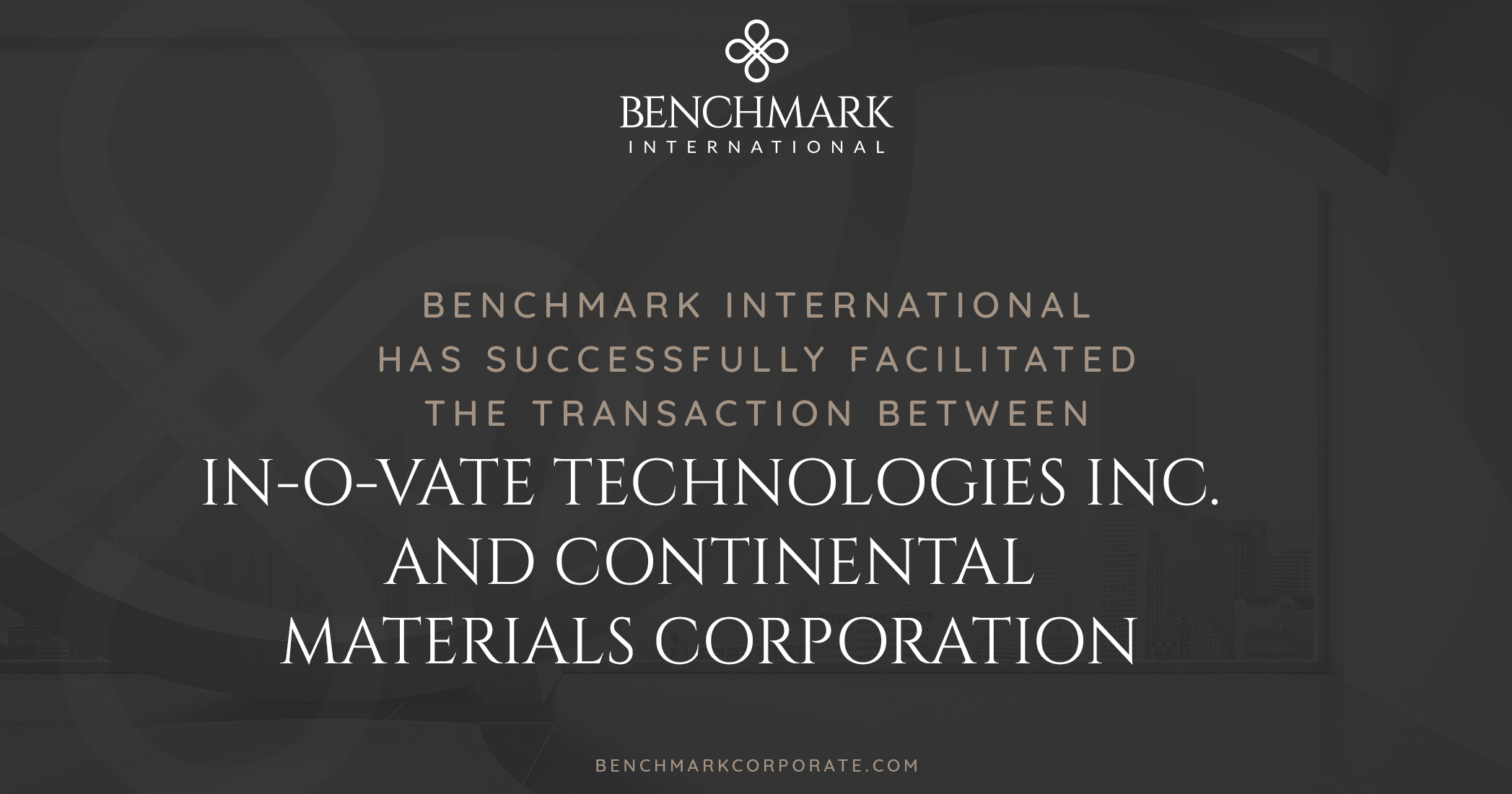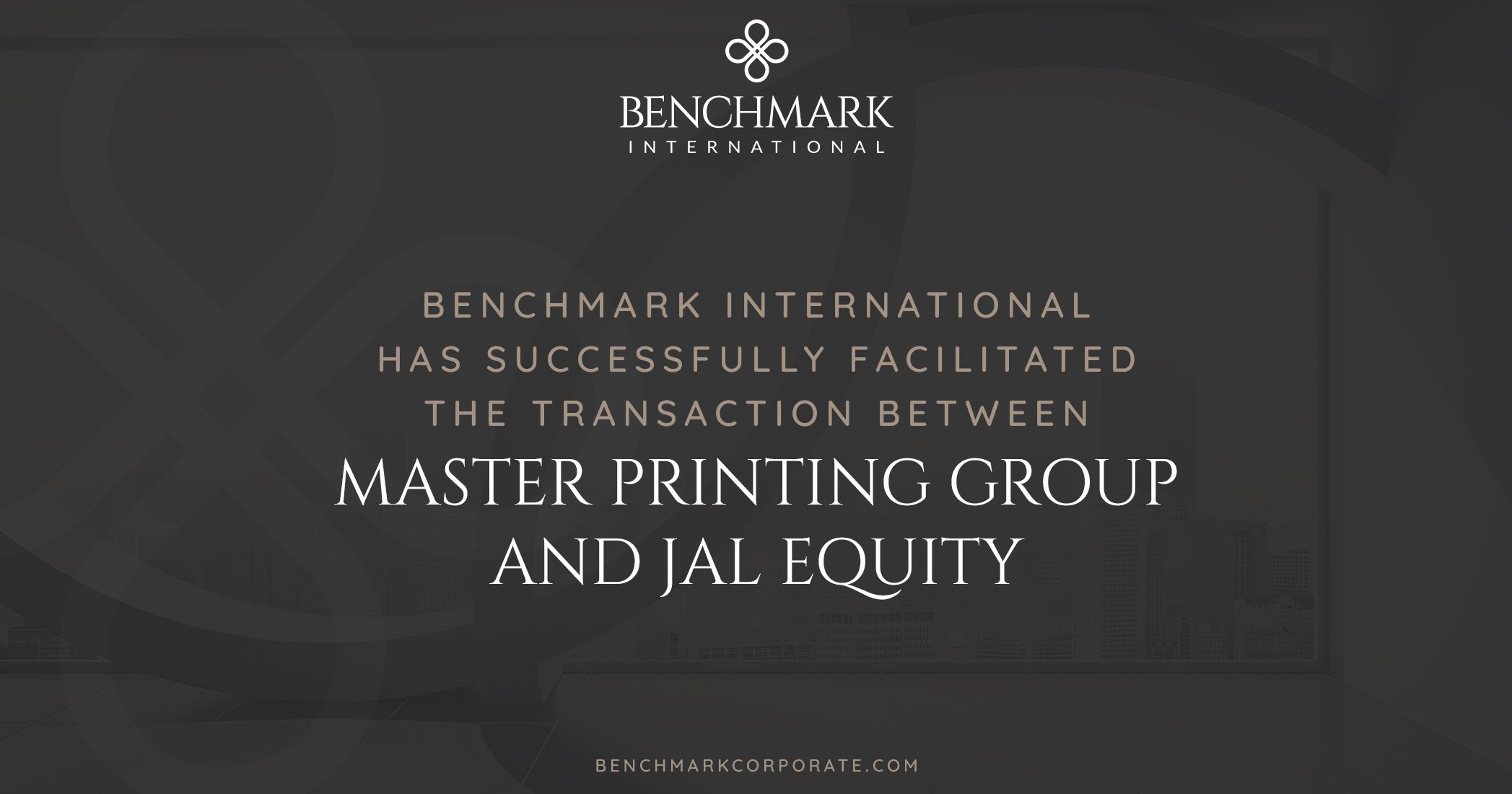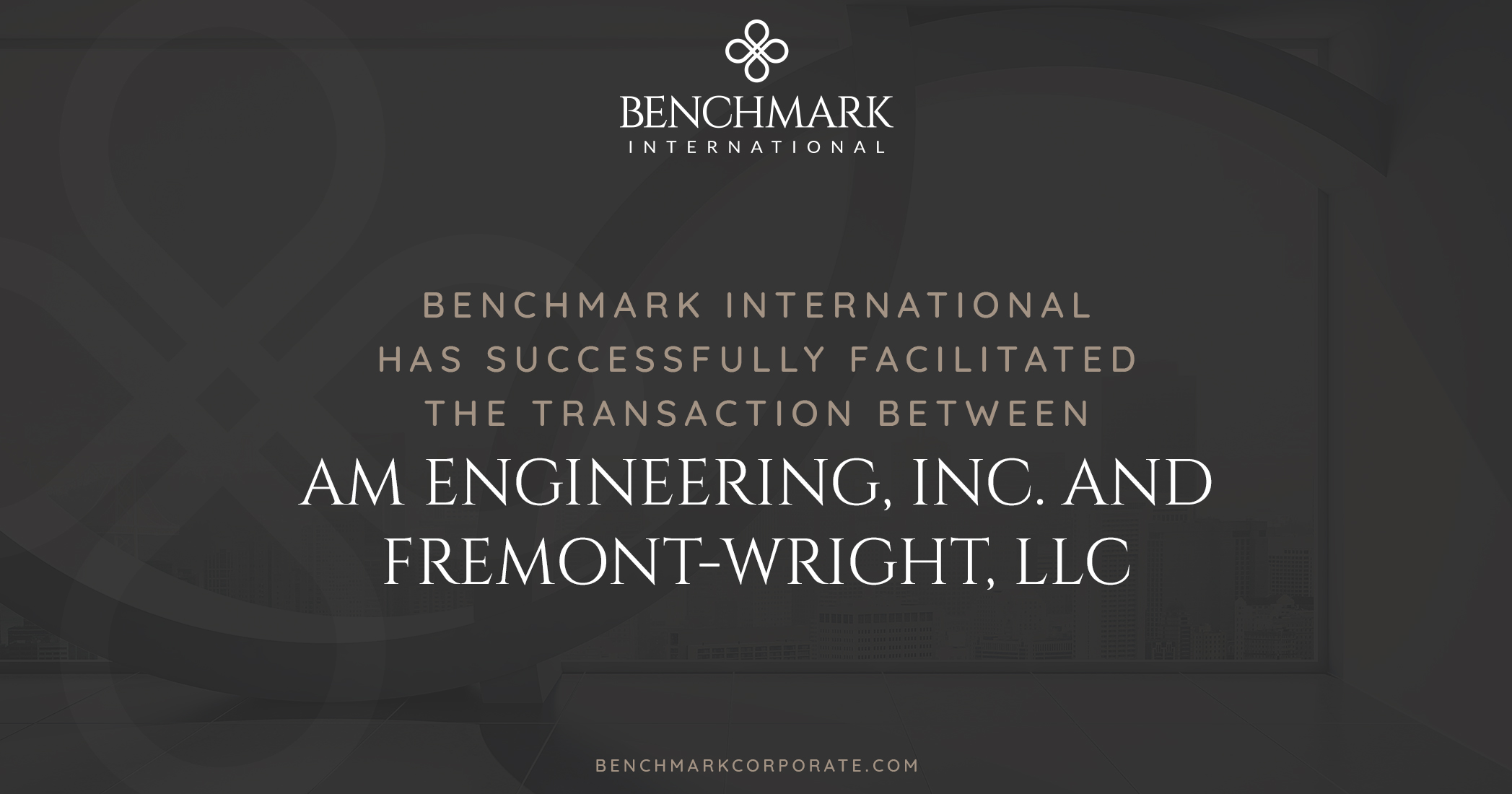Middle-market private equity (PE) dealmaking in the United States didn’t lose its record momentum in the second quarter of 2021, some of which carried over into Q3, thanks to sustained economic recovery, ample debt, and plenty of available capital, according to data from Pitchbook. U.S. GDP grew at an annualized 6.5% in Q2 but slowed to 2% in Q3, mainly due to global supply chain issues.
PE fundraising is also holding strong, with the 87 U.S. middle-market funds raised so far this year on course to set a new record. Additionally, the $68.4 billion in capital raised in 2021 is on track to be the second-highest annual total since 2010.
Most deal activities were put on hold for several months after March of 2020 and the onset of the COVID-19 pandemic, but 2021 and early 2022 may be the right time to sell. The following factors are affecting the viewpoint of sellers of privately-owned companies:
- Some owners are now more heedful of another crisis and how it could affect their businesses.
- Many owners no longer wish to sustain efforts and risks that come with their businesses.
- Owners who worked remotely during the pandemic got accustomed to more flexible schedules and free time.
- Numerous owners nearing retirement are worried about the possibility of higher corporate, personal income, capital gains, and dividend taxes.
- Because wealth built up in private companies is not easily converted to cash, some owners have focused on the fact that after-tax proceeds from a sale will last for a long period of time.
So far this year, the largest share of PE deals has taken place in the lower to middle markets, with deals of less than $1 billion making up nearly 70% of all deals. 2021 remains on pace to easily surpass the prior annual record from 2019. At the end of the year, numbers are expected to be even more impressive as investors may hurry to close deals before the year comes to a close.
According to the Golub Middle Market Index, U.S. middle-market companies registered 21% revenue growth in the third quarter of this year. In addition, direct lending funds account for most middle-market LBO financing and reached record fundraising levels in the second quarter.
Add-ons increased as a share of PE deals. Middle-market firms looked to add mid-sized aggregators and sought out M&A deals to expand platforms, diversify the value chain, and embrace ESG principles.
There was also robust exit activity in the middle market, as valuations were desirable and investor confidence was high. So far this year, the market hosted an estimated 430 exits with a combined value of $87.3 billion. Soaring valuations mean that many GPs meet their investment goals earlier than expected, driving many to cash in on investments ahead of schedule.
Smaller, strategic exits are dwindling in the hospitality and travel sectors for expected reasons after the pandemic impacts. Middle-market sponsors are holding onto investments in these pandemic-stricken sectors. In the second quarter of 2021, there were almost zero exits of hotels, in-person dining, travel providers, or other related companies.
Secondary buyouts are also following an upward trend. So far this year, SBOs account for nearly 62% of all middle-market exits. Buyout firms are taking advantage of limited partners’ healthy appetite for private market exposure as well as the record deal activity that enabled firms to fundraise at a very fast pace. While first-time funds and emerging managers put up positive numbers in 2021, some bigger LPs put less investment into large multi-strategy firms or shifted it to new products offered by those with whom they already had a relationship.
Even amid all this positive activity, middle-market firms in the U.S. are still facing other challenges. While unemployment rates have improved from 2020, there is still a record number of unfilled jobs, causing major labor shortages in sectors such as manufacturing, healthcare, and hospitality. These circumstances are causing firms to focus more on deals that acquire key talent and automated technologies that help with employee management and retention. The sector of senior care has been hit particularly hard by labor shortages, which is likely to result in increased consolidation by home care platforms. Additionally, insurance brokerages, wealth management firms, and registered investment advisors (RIAs) all witnessed record M&A activity in the first half of this year.
PE firms are also pursuing more intricate opportunities to expand lines of business, end-market exposures, and product value chains. Such game-changing add-on acquisitions can be especially effective for vertical software deals because complementary products can be woven into multi-capability platforms to create all-in-one solutions that are good for customer retention.
Deal activity is also being driven by environmental, sustainability, and governance (ESG) initiatives. ESG has moved into the forefront for businesses this year. Transactions in the renewables market represent middle-market opportunities to grow a platform into a sector leader because of the market’s highly fragmented nature. Firms in the middle market are also pursuing add-on acquisitions to better align their portfolio companies with sustainability initiatives, whether to meet changing consumer sentiment or lower capital costs by lowering carbon emissions.
READ MORE >> Benchmark International
Benchmark International  Benchmark International
Benchmark International 














